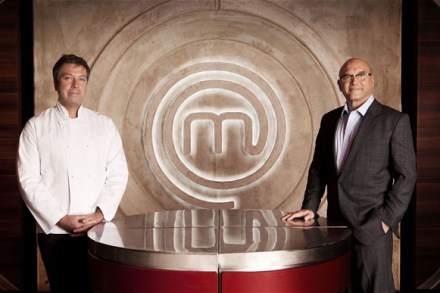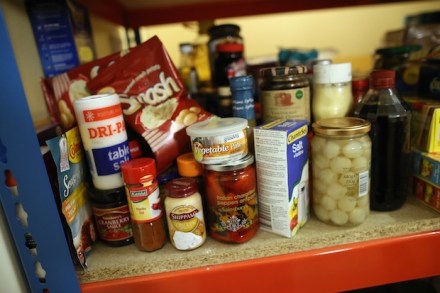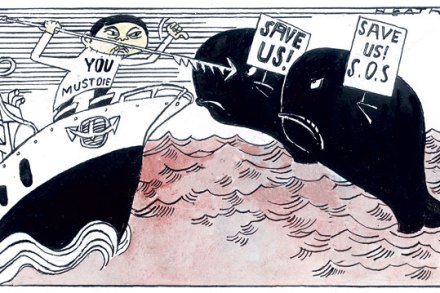Masterchef is a food programme by tossers for tossers
There is so much to hate about massively successful TV series Masterchef that I have been glued to it for ten years. But then I always watch Nigel Farage when he pops up on TV, and even sit through that advert for Sheilas’ Wheels. But let me explain why I think Masterchef is so bloody annoying to me, a food-lover and enthusiastic cook. First there are the hosts, John Torode and ‘Mr Spanky’ Greg Wallace, and their parroting of puerile comments. You know what I mean: ‘Saltiness coming from the…’, ‘Sweetness running through…’, ‘Flavours of the sea’, ‘Tang of the…’, ‘ABSOLUTELY beautiful’. Then there is the question of John Torode’s upper lip: where

















